Vetmedin®-CA1
by Jenny Alonge
On April 30, 2007, the U.S. Food and Drug Administration approved Vetmedin® to manage mild, moderate, or severe congestive heart failure (CHF) in dogs caused by atrioventricular valvular insufficiency or dilated cardiomyopathy. At the time, this drug was described as a new molecular entity, and was the first drug approved to treat CHF in dogs in more than 10 years. Created by Boehringer Ingelheim, Vetmedin® helps alleviate heart failure signs by increasing heart contractility and dilating blood vessels. Since Vetmedin®’s approval, the drug has been effective in numerous dogs and provided them with an improved quality of life.
Myxomatous mitral valve disease
Myxomatous mitral valve disease (MMVD) is the most commonly diagnosed cardiac disorder in dogs, accounting for approximately 70% of all cardiovascular disease. MMVD can affect any dog, but primarily affects older, small- to medium-breed dogs, such as predisposed breeds that include Cavalier King Charles spaniels and dachshunds. The condition is caused by progressive myxomatous valve degeneration, leading to mitral valve regurgitation. As the disease progresses, the heart enlarges and CHF can result. The MMVD staging system is as follows:
- Stage A — This stage identifies dogs who are at high risk for developing MMVD, but who currently have no identifiable structural heart disorder.
- Stage B — Stage B is broken down into two subgroups:
- Stage B1 — This stage identifies dogs who have the typical mitral valve regurgitation murmur, but have not developed the clinical signs associated with heart failure. Cardiac remodeling in response to the MMVD cannot be appreciated on radiographs or echocardiogram images.
- Stage B2 — This stage differs from stage B1 in that atrial and ventricular enlargement can be observed on radiographs and echocardiogram images.
- Stage C — This stage describes dogs who have current or past heart failure signs caused by MMVD.
- Stage D — This stage describes dogs who have end-stage MMVD that has led to heart failure signs refractory to standard treatments.
Vetmedin®-CA1
On June 16, 2022, the FDA conditionally approved Vetmedin®-CA1 to delay CHF onset in dogs affected by stage B2 preclinical myxomatous mitral valve disease. They granted this conditional approval because the drug can control a serious, life-threatening disease in dogs, it addresses an unmet animal need, and demonstrating effectiveness would require complex or particularly difficult studies. Vetmedin®-CA1 and Vetmedin® contain the same active ingredient at the same dose, but the drugs will be marketed separately under two different labels. The active ingredient is pimobendan, which is an inodilator (i.e., the drug acts as a positive inotropic agent as well as a peripheral vasodilator). Pimobendan increases cardiac myofilament calcium sensitivity and inhibits phosphodiesterase III to exert a stimulatory myocardial effect, and cause vasodilation. By increasing myocardial contractility and dilating peripheral blood vessels, pimobendan reduces cardiac afterload.
Reasonable expectation of effectiveness
A conditionally approved drug must exhibit a reasonable expectation of effectiveness. A long-term field study was conducted in client-owned dogs affected by cardiomegaly secondary to stage B2 preclinical MMVD. Enrolled dogs were between 6 and 17 years of age, and Cavalier King Charles spaniels were the most common breed represented. The dogs underwent physical and cardiac examinations on day 0 and at various points throughout the study, which lasted more than four years. On day 0, the dogs were started on Vetmedin®-CA1 or a control chewable placebo tablet. The study’s primary endpoint occurred when a dog developed left-sided CHF, or was euthanized or died as a result of CHF. Reasonable expectation of effectiveness was determined based on the time from the dog’s first treatment to their primary endpoint. The median time to the primary endpoint was 1,228 days in the Vetmedin®-CA1 group, compared with 761 days in the control group. In addition, dogs in the Vetmedin®-CA1 group had a prolonged survival time and a decreased heart size compared with the control group. These results sufficiently demonstrated that Vetmedin®-CA1 has a reasonable expectation of effectiveness.
Safety information
The FDA did not require new safety studies for Vetmedin®-CA1’s conditional approval. Adverse reactions seen in the field study mostly resulted from MMVD’s natural progression. Coughing was the most frequently reported adverse reaction, with similar incidence in the Vetmedin®-CA1 and the control groups. Other adverse reactions included lethargy, inappetence, tachypnea, collapse, arrhythmia, and syncope, and these signs can also be associated with MMVD progression. Vetmedin®CA1 is contraindicated in dogs affected by hypertrophic cardiomegaly, aortic stenosis, and other conditions where increased cardiac output could be detrimental. The drug should also not be administered to dogs before cardiomegaly develops, since this can lead to problems associated with exaggerated hemodynamic responses.
Administration
Vetmedin®-CA1 is supplied as a half-scored chewable tablet containing 1.25, 2.5, 5, or 10 mg pimobendan per tablet. The recommended dosage is 0.23 mg/lb, and the total daily dose should be divided into two portions, administered approximately 12 hours apart. In a Vetmedin® palatability study, 90% of dogs voluntarily consumed more than 70% of the 28 tablets offered.
Vetmedin®-CA1 is a new tool for veterinarians to help canine patients affected by myxomatous mitral valve disease, help prolong their life, and improve their current quality of life.



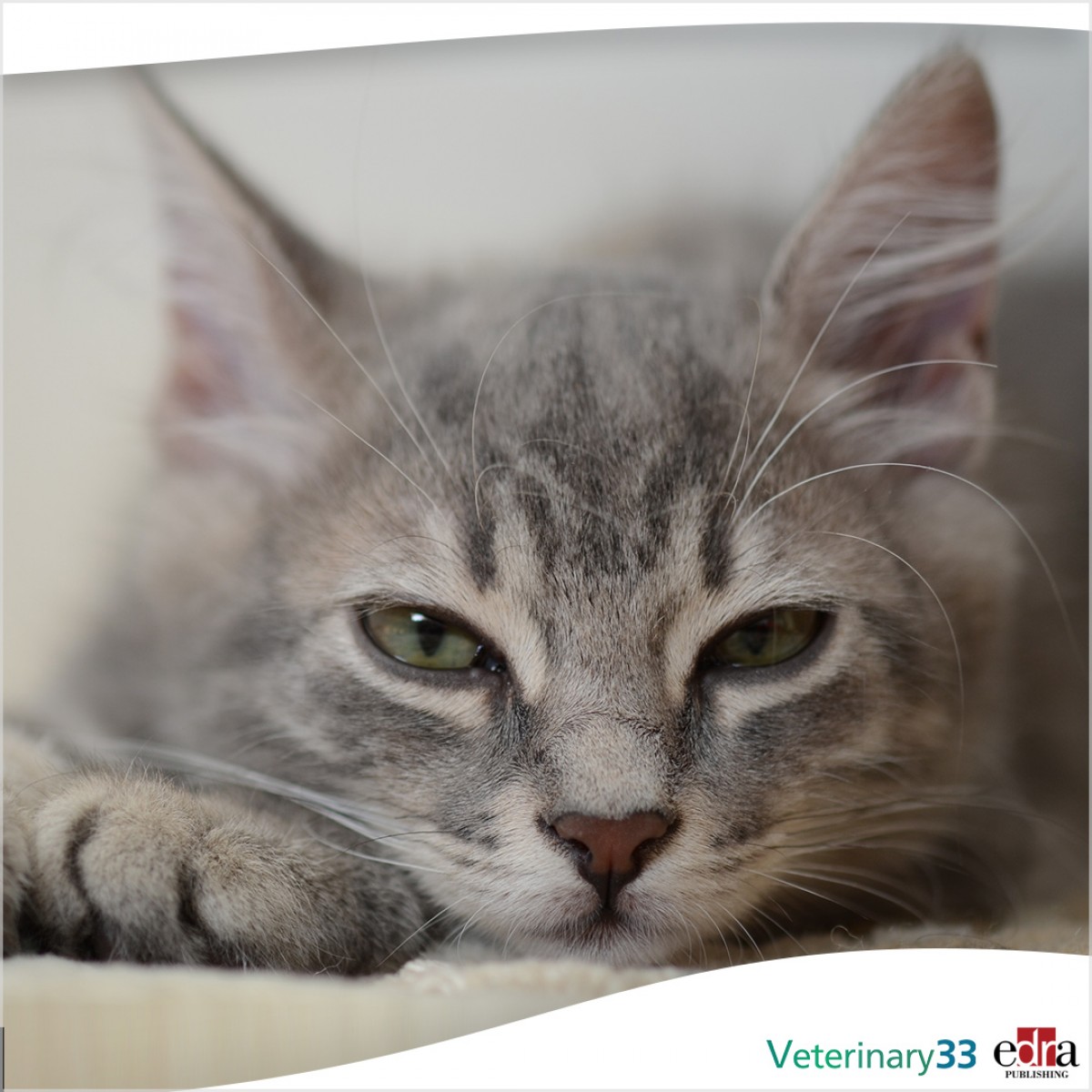
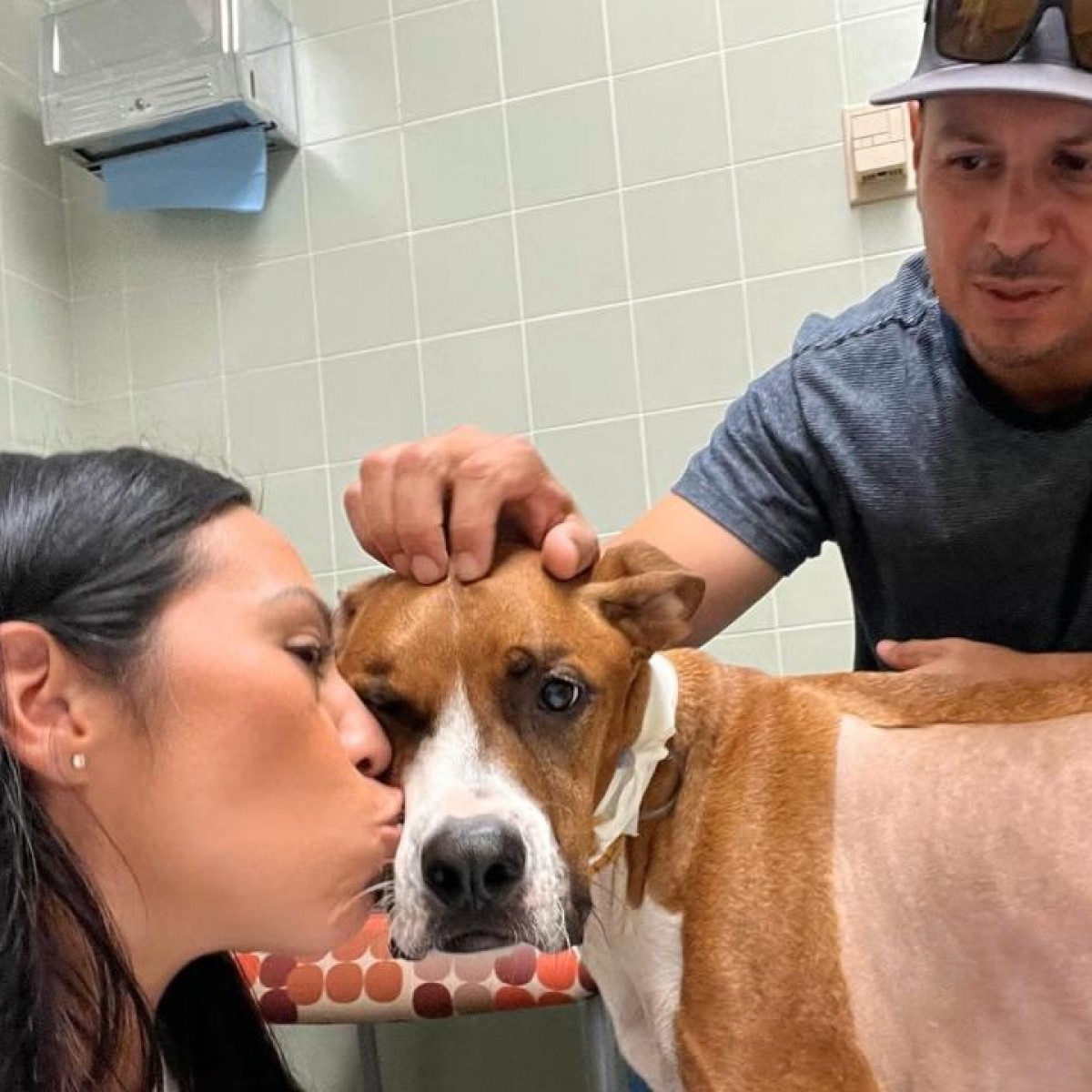
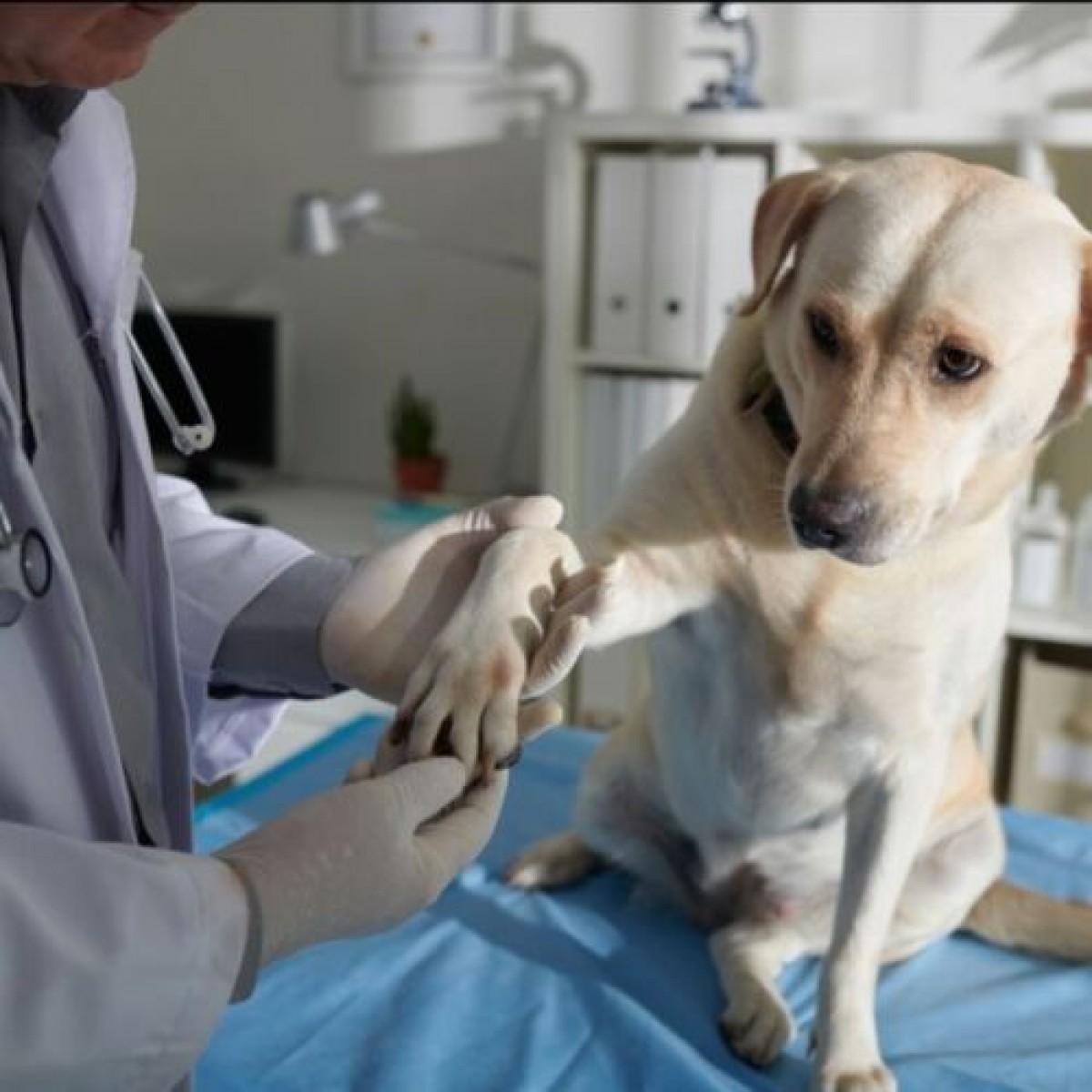
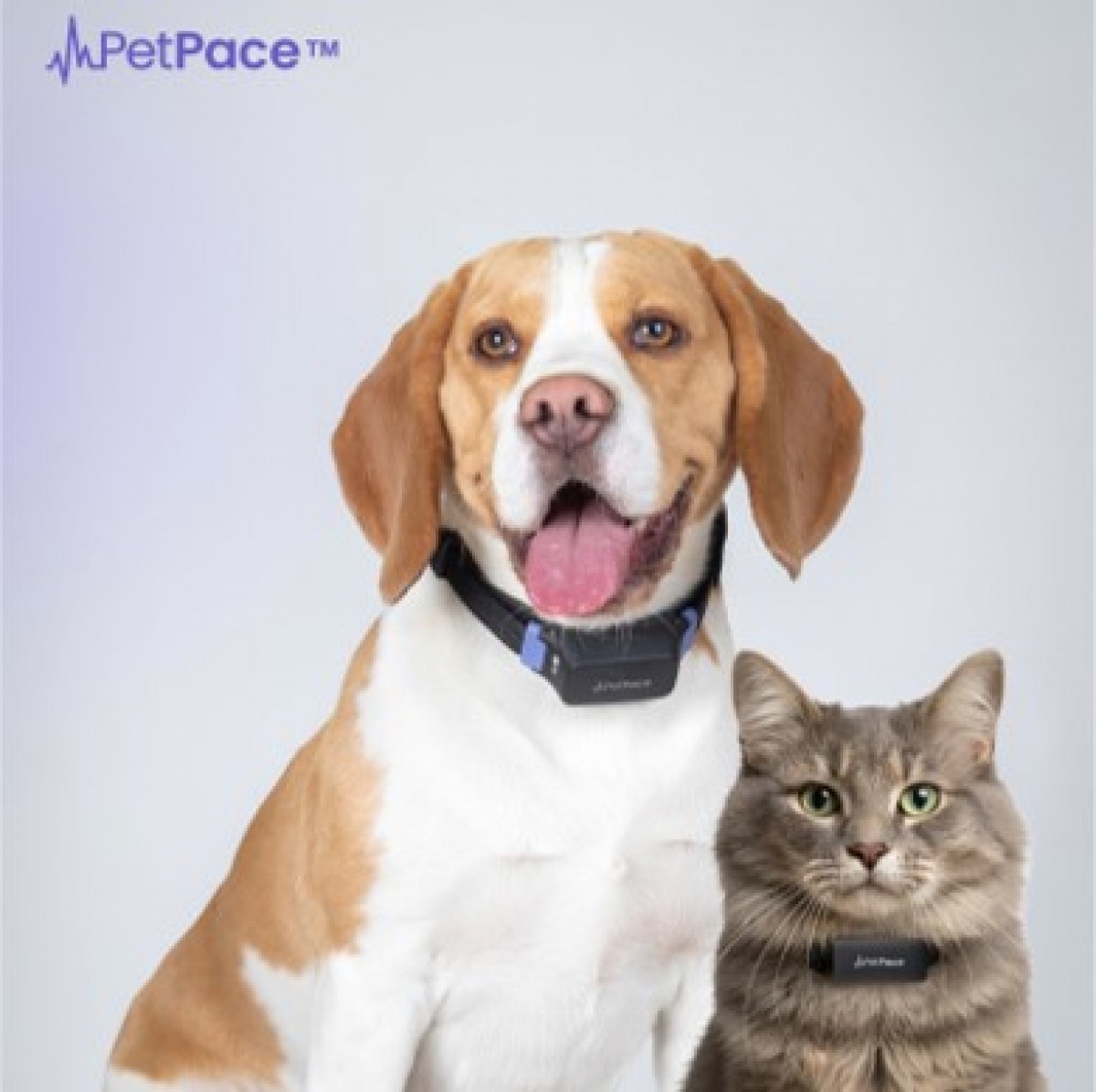

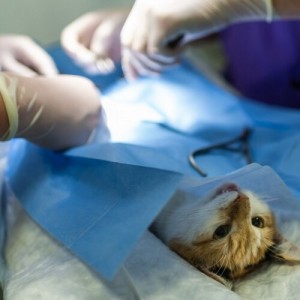
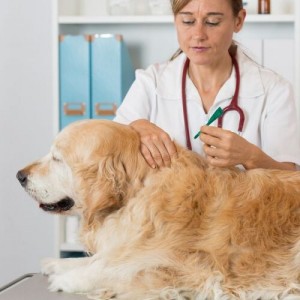

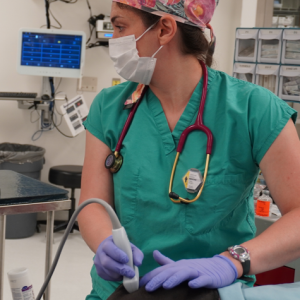

List
Add
Please enter a comment